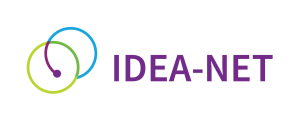Wrocław University of Environmental and Life Sciences – Wrocław, Poland
The activities that this office has carried out (in the last two years) with regard to equal access/inclusion/diversity are:
• support and counselling for students and university staff;
• lectures, workshops, seminars for students, faculty and non-teaching staff;
• Improving physical accessibility;
• Improving digital accessibility.
The activity with the greatest impact was the support and counseling offer given at this university. The number of students who receive support is growing steadily and awareness of the needs of people with special needs, among the academic community, has also increased.
The last innovative practise/tool introduced when it comes to ensuring inclusion, diversity and equal access was the production of video courses on different types of disabilities for academic staff. They help understand what problems different students face and give tips on how to help them.
In addition to activities to support inclusion, WUELS implements measures/activities to counter exclusionary and discriminatory practices through binding policy (legislation), recommendations/guidelines, a strategy/action plan and preventive programmes.

Support and Accesibility Centre
Wrocław, Poland
IDEA-net: Expanding the network of Inclusion, Diversity, Equity and Access (IDEA) practitioners in higher education through institutional capacity building
Project ref: 2022-1-NL01-KA220-HED-000089789

This project has been funded with support from the European Commission. This website reflects the views only of the authors, and the Commission cannot be held responsible for any use which may be made of the information contained therein.
